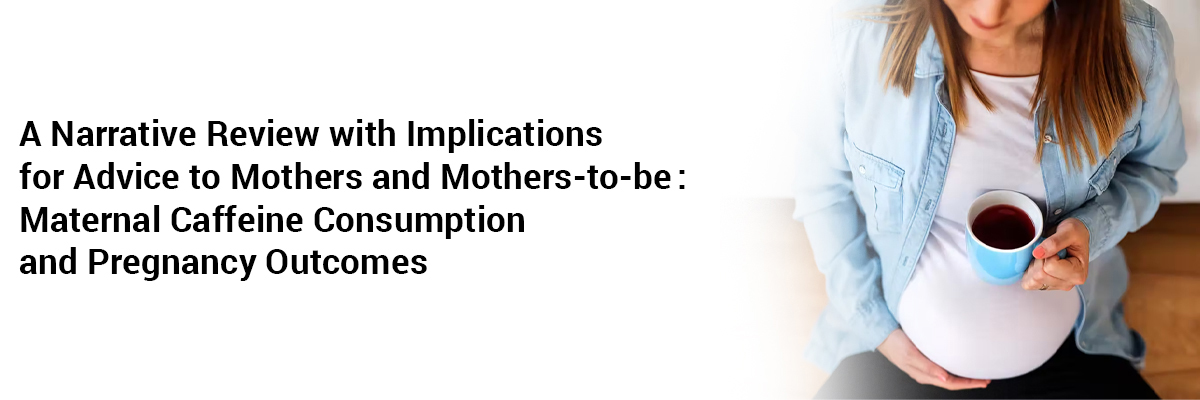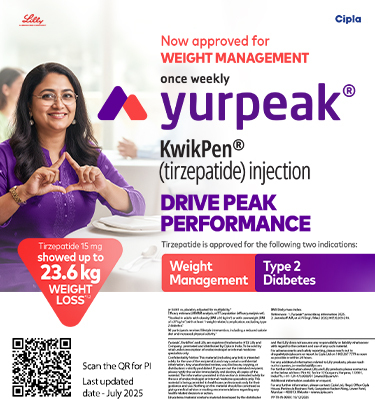
 IJCP Editorial Team
IJCP Editorial Team
A narrative review with implications for advice to mothers and mothers-to-be: Maternal caffeine consumption and pregnancy outcomes
Caffeine is an addictive substance which is consumed on a regular basis by many pregnant women. Thus women must be advised founded on the available evidence regarding potential caffeine-related harm.
A recent review discusses the evidence regarding an association between maternal caffeine consumption and negative pregnancy outcomes and also evaluates the appropriateness of the current health advice concerning maternal caffeine consumption.
1261 peer-reviewed, English articles were found in the databases, of which 48 original observational studies and meta-analyses of maternal caffeine consumption were shortlisted. These articles discussed any of the following negative pregnancy outcomes like miscarriage, stillbirth, preterm birth, low birth weight (LBW) and/or small for gestational age(SGA), childhood acute leukemia, childhood overweight and obesity.
The observations were as follows-
- Among 42 subsets of findings documented in 37 observational studies, 32 demonstrated greatly increased caffeine-related risk while no or inconclusive associations were shown in the remaining ones.
- All pregnancy outcomes but preterm birth have increased caffeine-related risk with moderate to high levels of consistency.
- Of 11 studies documenting 17 meta-analyses, 14 analyses agreed that maternal caffeine consumption is associated with increased risk for miscarriage, stillbirth, low birth weight and/or small for gestational age, and childhood acute leukemia. The remaining 3 meta-analyses had a consensus on the absence of a reliable association between maternal caffeine consumption and preterm birth.
- No meta-analyses described childhood overweight and obesity. 4 to 5 original observational studies reported significant associations between maternal caffeine consumption and childhood overweight and obesity
Thus, the pooled observations from these studies indicated that maternal caffeine consumption is consistently associated with major negative pregnancy outcomes. Furthermore, these studies frequently reported significant dose-response associations suggestive of causation, and also no threshold of consumption below which associations were absent. Hence, current evidence is against the assumption that 'moderate' caffeine consumption during pregnancy is safe, and advises that pregnant women and women contemplating pregnancy should avoid caffeine.
SOURCE- BMJ Evid Based Med. 2021 Jun;26(3):114-115. doi: 10.1136/bmjebm-2020-111432. Epub 2020 Aug 25. PMID: 32843532; PMCID: PMC8165152.

IJCP Editorial Team
Comprising seasoned professionals and experts from the medical field, the IJCP editorial team is dedicated to delivering timely and accurate content and thriving to provide attention-grabbing information for the readers. What sets them apart are their diverse expertise, spanning academia, research, and clinical practice, and their dedication to upholding the highest standards of quality and integrity. With a wealth of experience and a commitment to excellence, the IJCP editorial team strives to provide valuable perspectives, the latest trends, and in-depth analyses across various medical domains, all in a way that keeps you interested and engaged.























Please login to comment on this article